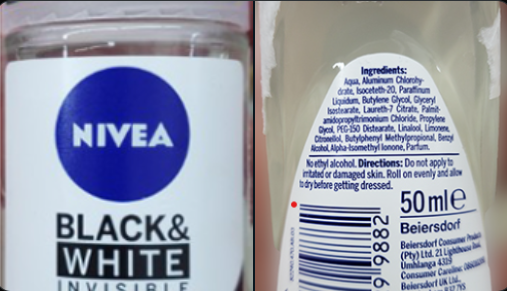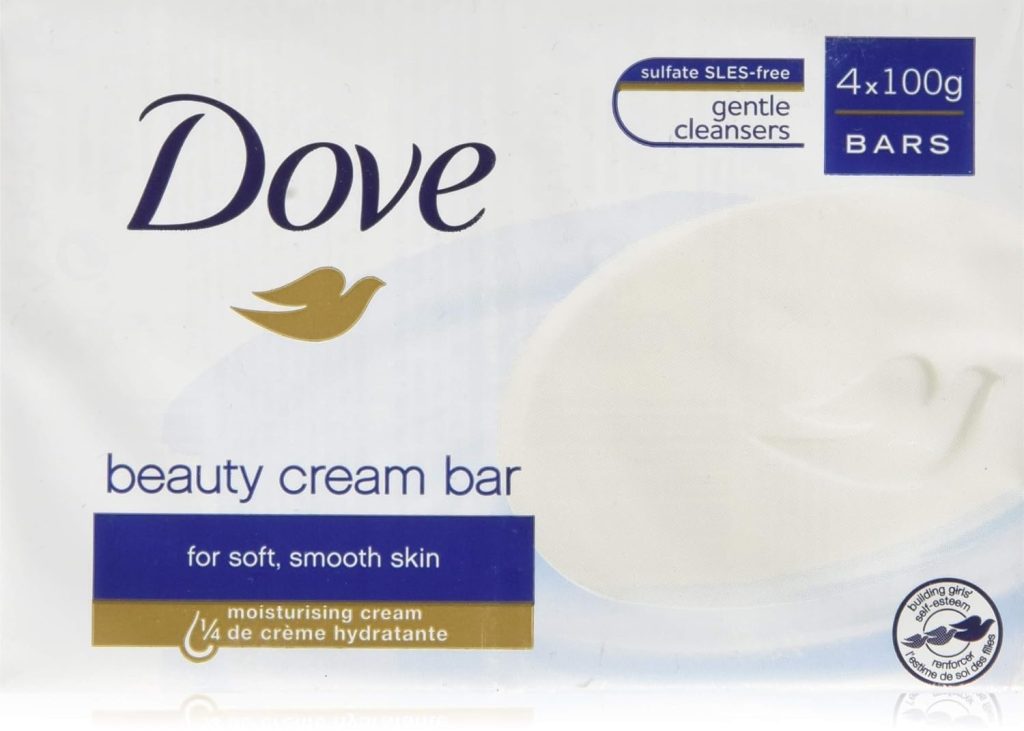NAFDAC Recalls Nivea Deodorant

In a public notice issued on Thursday, the National Agency for Food and Drug Administration and Control (NAFDAC) sounded an alarm regarding the recall of Nivea Black & White Invisible Roll-on deodorant, 50ml.
The product was flagged by the European Union Rapid Alert System for Dangerous Non-Food Products due to the presence of 2-(4-tert-Butylbenzyl) propionaldehyde, a harmful chemical that can damage the reproductive system and fetal health. The chemical can also cause skin irritation and burns, making it a significant health risk to consumers.
The NAFDAC Director General, Prof. Moji Adeyeye, emphasized the severity of the situation, highlighting that the product poses a particularly grave danger in African climates where people rely heavily on effective deodorants.
The batch of the recalled deodorant was identified as 93529610, manufactured in Germany with a bar code number of 42299882. NAFDAC urged importers, distributors, retailers, and consumers to be vigilant and stop the sale or use of the affected batch.
The recall of the Nivea Black & White Invisible Roll-on deodorant highlights the importance of regulatory bodies such as NAFDAC in protecting the public from potentially harmful products. It is also a reminder of the global interconnectedness of the consumer products market, as a product manufactured in one region can have repercussions for consumers in another.
The incident underscores the vital role that consumers must play in ensuring their safety, by staying informed about product recalls and taking swift action when necessary. It is equally essential for manufacturers and distributors to prioritize consumer safety by conducting thorough quality control checks and adhering to strict regulations.
In light of this incident, it is vital for the Nigerian government to continue strengthening the regulatory frameworks and enforcement mechanisms for consumer products, especially in the importation and distribution of foreign goods.
This can involve increasing cooperation with international regulatory bodies such as the European Union to ensure that potentially harmful products are intercepted before they reach Nigerian consumers. It can also involve investing in local production and promoting the use of locally manufactured goods, which can help to ensure higher levels of oversight and accountability.
Ultimately, the safety and well-being of Nigerian consumers should be a top priority for all stakeholders, from government regulators to private sector companies. Incidents like the Nivea deodorant recall highlight the crucial role of public awareness and consumer vigilance in safeguarding public health.
The Nivea deodorant recall should serve as a wake-up call for all concerned parties to intensify their efforts in preventing similar incidents from occurring in the future, thereby protecting the public from potentially harmful products and ensuring that only safe and high-quality goods are available in the market.
In addition to strengthening regulatory frameworks and promoting consumer awareness, it is also important for Nigeria to develop a robust and sustainable consumer protection culture.
This involves fostering a broader understanding of consumer rights and responsibilities, as well as promoting ethical business practices among manufacturers, distributors, and retailers. By educating consumers about their rights and creating a climate of accountability in the market, Nigeria can create a safer and more responsible consumer culture, where everyone plays a role in protecting public health and safety.
Moreover, the government can consider implementing stricter penalties for companies that engage in unethical or harmful practices, such as selling unregistered or potentially dangerous products.
Referenece and Citations:
- Nairametrics – NAFDAC recalls nivea roll on deodorant over harmful chemical content
- Pulse – NAFDAC raises alarm over banned nivea product
- Channels – NAFDAC warns nigerians against use of recalled nivea deodorant






